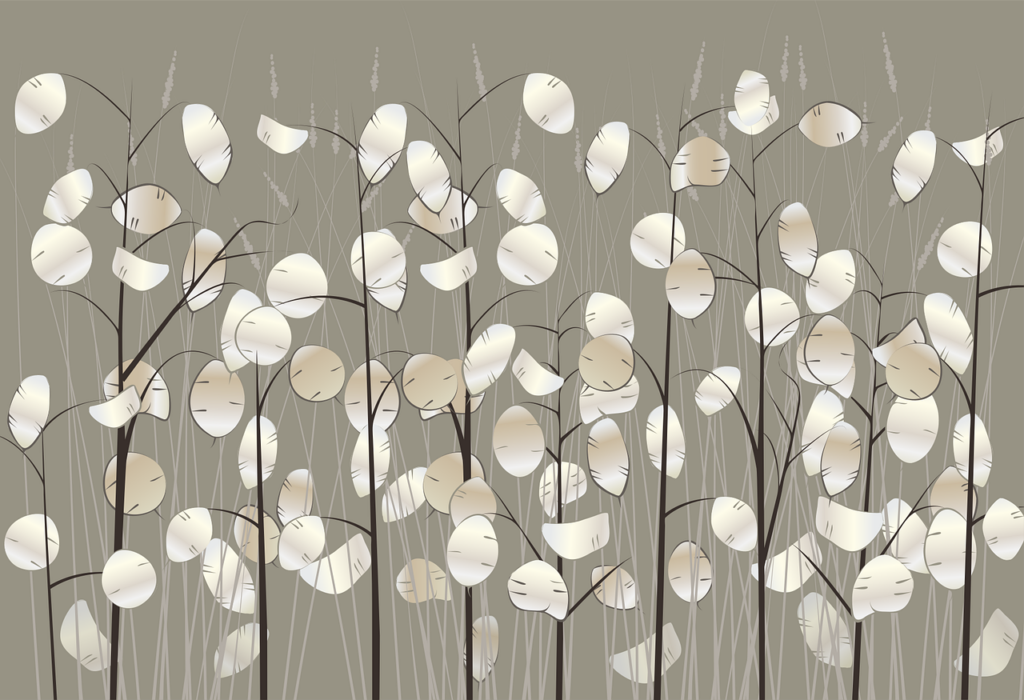A New Year, A New Beginning: Sowing Seeds of Wellness
go.ncsu.edu/readext?1043412
en Español / em Português
El inglés es el idioma de control de esta página. En la medida en que haya algún conflicto entre la traducción al inglés y la traducción, el inglés prevalece.
Al hacer clic en el enlace de traducción se activa un servicio de traducción gratuito para convertir la página al español. Al igual que con cualquier traducción por Internet, la conversión no es sensible al contexto y puede que no traduzca el texto en su significado original. NC State Extension no garantiza la exactitud del texto traducido. Por favor, tenga en cuenta que algunas aplicaciones y/o servicios pueden no funcionar como se espera cuando se traducen.
Português
Inglês é o idioma de controle desta página. Na medida que haja algum conflito entre o texto original em Inglês e a tradução, o Inglês prevalece.
Ao clicar no link de tradução, um serviço gratuito de tradução será ativado para converter a página para o Português. Como em qualquer tradução pela internet, a conversão não é sensivel ao contexto e pode não ocorrer a tradução para o significado orginal. O serviço de Extensão da Carolina do Norte (NC State Extension) não garante a exatidão do texto traduzido. Por favor, observe que algumas funções ou serviços podem não funcionar como esperado após a tradução.
English
English is the controlling language of this page. To the extent there is any conflict between the English text and the translation, English controls.
Clicking on the translation link activates a free translation service to convert the page to Spanish. As with any Internet translation, the conversion is not context-sensitive and may not translate the text to its original meaning. NC State Extension does not guarantee the accuracy of the translated text. Please note that some applications and/or services may not function as expected when translated.
Collapse ▲As we embark on a new year, it’s a time for reflection, renewal, and setting intentions. Just as a gardener tends to their seeds, nurturing them with care and patience, we too can cultivate our own growth and well-being. This is where the powerful connection between the new year, seed growth, and therapeutic horticulture comes into play.
The Metaphor of Growth
A tiny seed, buried beneath the soil, holds the potential for a new plant– as the saying goes, even the mighty oak was once a tiny acorn. Similarly, within each of us lies the potential for transformation and positive change. Like seeds, our intentions need nurturing and care to sprout and flourish.
- Planting the Seeds of Intention: Just as a gardener carefully selects their seeds, we must choose our intentions wisely. What do we hope to cultivate in the coming year? Whether it’s personal growth, improved relationships, or greater self-awareness, these intentions are the seeds we plant.
- Nurturing Growth: Once the seeds are planted, they require consistent care and attention. We must water our intentions with positive thoughts and actions, and nourish them with self-compassion and patience.
- Watching the Harvest: Over time, with consistent care, our intentions will begin to blossom. We may not see immediate results, but with perseverance, we will reap the rewards of our efforts.
Therapeutic Horticulture: Supporting Wellness
Therapeutic horticulture is a practice that harnesses the power of nature to promote mental, physical, and emotional well-being. By engaging in gardening and nature-focused activities, people can experience a range of benefits, including:
- Stress Reduction: Gardening can be a meditative practice, allowing us to connect with nature and reduce stress.
- Improved Mood: Spending time outdoors and engaging in physical activity can boost our mood and reduce symptoms of depression and anxiety.
- Enhanced Cognitive Function: Gardening can stimulate our minds, improve memory, and enhance problem-solving skills.
- Social Connection: Gardening can foster social connections and a sense of community.
Incorporating Therapeutic Horticulture into Your New Year’s Routine
- Start a Garden: Even a small container garden can provide numerous benefits. How about nurturing a few houseplants during the cold winter months?
- Volunteer at a Community Garden: Connect with like-minded individuals and give back to your community. Learn more about community gardening in North Carolina.
- Take Nature Walks: Spend time in nature, whether it’s a local park or a nearby forest. A great deal of research has focused on the many benefits of walking outdoors to improve some of the symptoms of anxiety and depression, which can be more challenging in the winter months.
- Practice Mindfulness in Nature: Pay attention to the sights, sounds, and smells of nature, and cultivate a sense of gratitude. Try pausing to experience a moment in nature with as many senses as you can: this helps to literally ground us and center us in the moment. Learn more about mindfulness in the garden.
As we embark on this new year, let’s embrace the metaphor of seed growth and cultivate our well-being through therapeutic horticulture. By nurturing our intentions and connecting with nature, we can create a thriving and fulfilling life.




